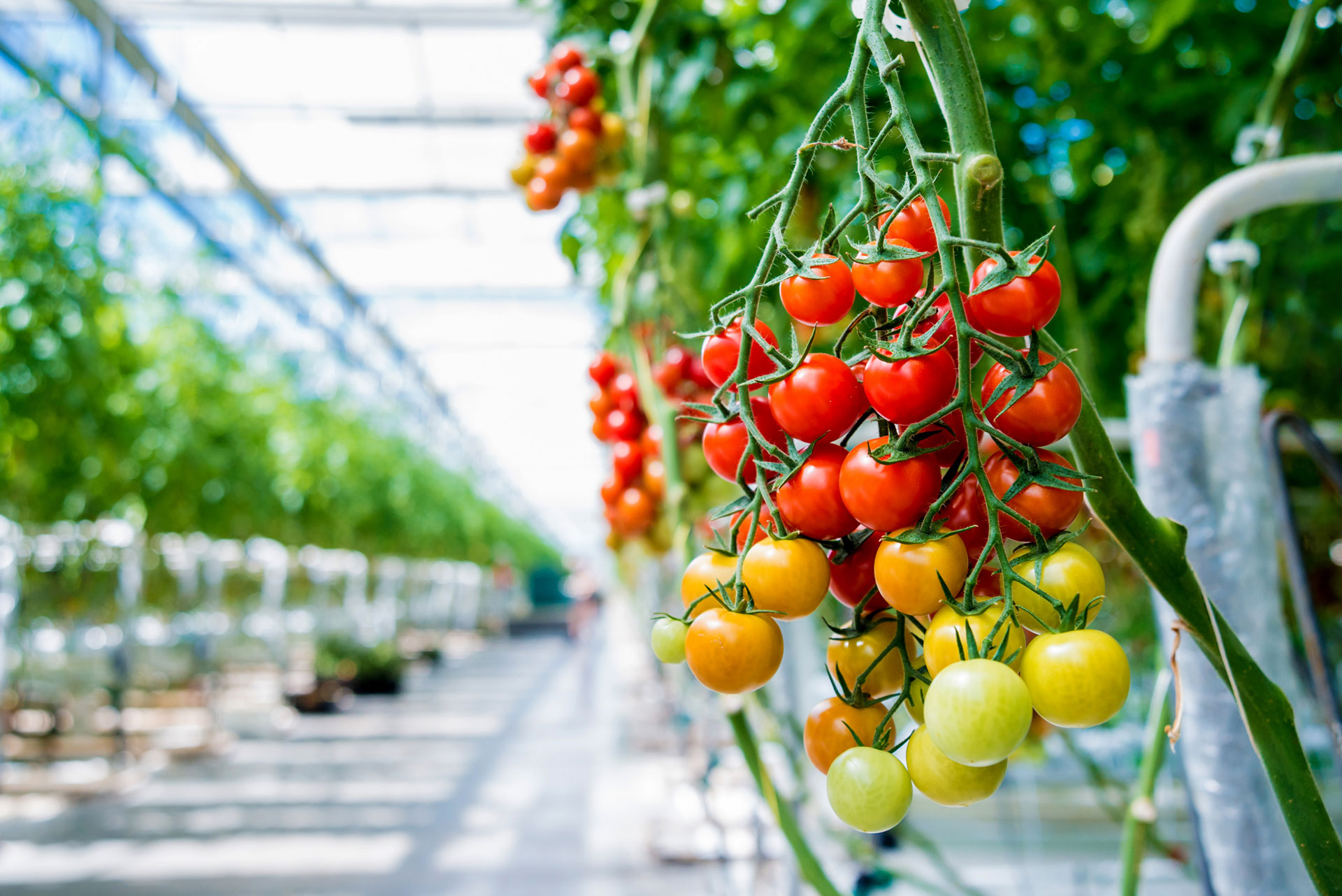
Mike Vermeij is CEO of Bom Group. A high-tech greenhouse manufacturer and global greenhouse project builder.
The Netherlands has the knowledge, experience and products to grow crops everywhere, year-round. The number of megacity project requests has grown in recent years and individual Dutch greenhouse companies can no longer handle them on their own. The new umbrella organization Dutch Greenhouse Delta will respond to those requests.
A few years ago, the Qatari government approached the Dutch Ministry of Agriculture and the Dutch greenhouse horticulture trade organization AVAG. “Like many countries, Qatar wants to become more self-sufficient and less dependent on imports,” explains Mike Vermeij, CEO of Bom Group. “The country’s need for fresh food will increase, especially during the 2022 World Cup. Knowing that the Netherlands is a market leader in this technology, they asked us for help”.
“It is part of the Dutch mindset and tradition to want to improve things and solve complex problems,” says Vermeij. “It’s in our genes. In the field of greenhouse horticulture, we always try to use fewer materials and to reduce our energy, water, and costs. We never walk away from difficult jobs”.
Unfortunately, the Netherlands couldn’t respond to Qatar’s request at that time because the demand was too large for individual companies to take on. The country wanted to develop 400 hectares of greenhouses for different types of vegetables, as well as new cattle and chicken farms.
“At the time there was no umbrella organization to respond to this request,” says Vermeij. “Had the Dutch Greenhouse Delta existed back then, it would have been possible.” In recent years, several governments have approached Bom Group for large-scale projects, including China, India, and Sudan. They were looking for help with their food supplies.
Bom Group, located in Hoek van Holland near the Port of Rotterdam, is a high-tech greenhouse manufacturer and global greenhouse project builder. The company specializes in the construction, supply, and installation of Venlo greenhouses, screen systems and climate systems, and also advises on technology, local production conditions, and legislation.
“Innovation is essential in our company,” emphasizes Vermeij. “We have marketed many innovations that have become standard, like the aluminium gutter roofing system.” The Winterlight Greenhouse is another example of an interesting innovative project Bom Group developed in collaboration with Wageningen University & Research. This new greenhouse concept gains 10% more light in the winter months, allowing continued production without the use of artificial light. Another innovative project that should be completed in late 2018 is a greenhouse that can operate without any fossil fuels.
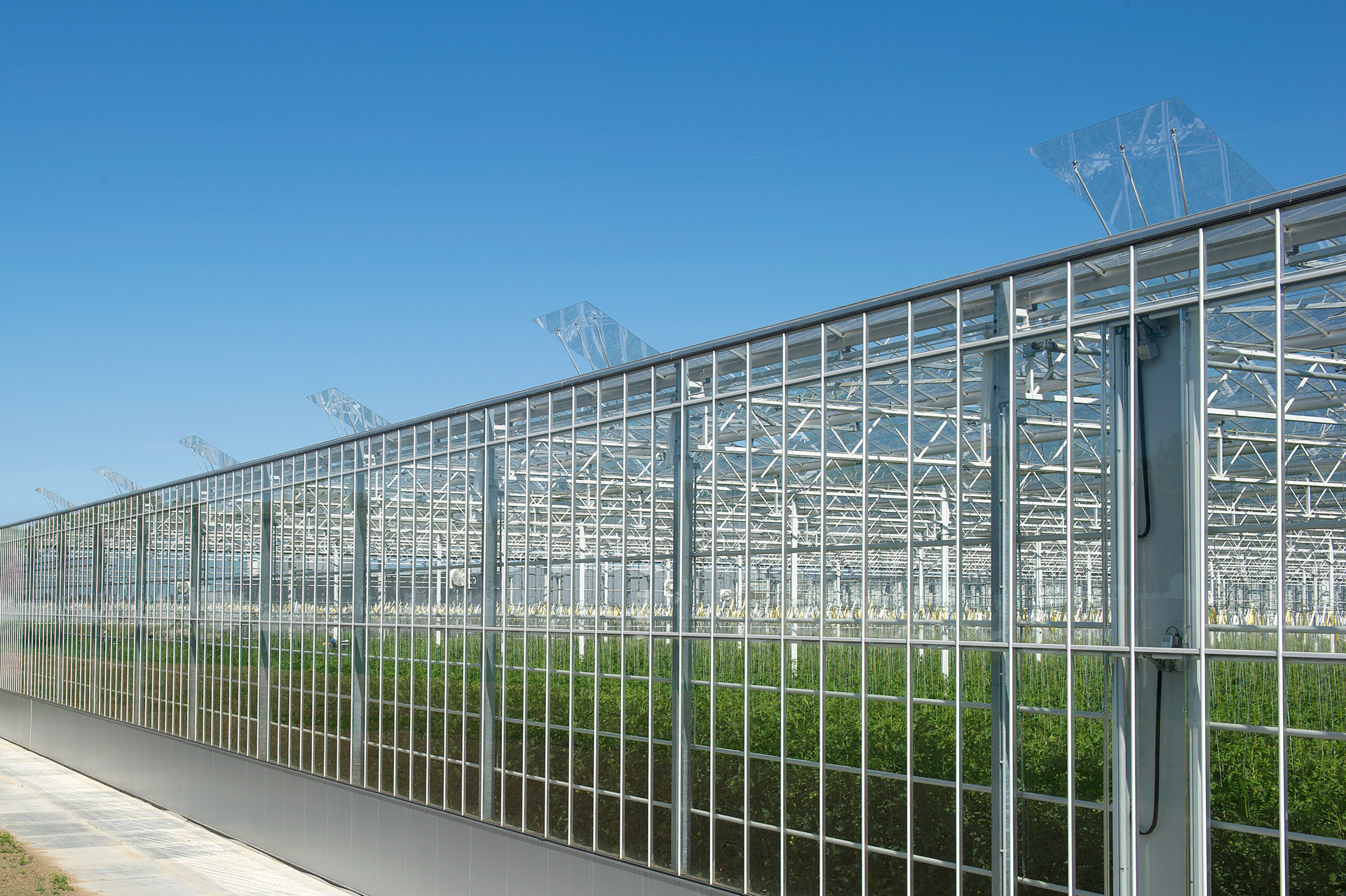
When the Dutch were unable to help, the Qatari authorities tried their luck in England and Canada. However, they were unable to find help there either. According to Vermeij, countries like Spain, France, and Korea are more adept at handling a greater number of such projects. “No other country rivals the expertise and skills of the Netherlands when it comes to horticulture, however. We are one of the few countries with the knowledge to create a greenhouse that can work anywhere, all year-round”.
Qatar’s project has since been divided into four parts, each consisting of 40 hectares of greenhouses. One of these orders will be developed by a Spanish company; two have not yet been assigned. Bom Group will develop the fourth part with a consortium of Dutch companies, in order to combine their knowledge and technology. Should the first two projects prove successful, the Qatari Ministry of Agriculture will continue with the rest.
Given the lack of experienced and qualified growers available in Qatar, several Dutch growers will move to the desert country to operate the greenhouses. As with other big projects, local employees will also come to the Netherlands for agronomical education, and training facilities will be set up locally so growers can learn practically.
“By building knowledge abroad, do we create competitors?” Vermeij asks. “Possibly, but I’m convinced of the importance of sharing knowledge because knowledge is power”.
Vermeij expects roughly twenty to thirty companies to become fully-fledged Dutch Greenhouse Delta members. “The companies that play a leading role in the sector should definitely become members”.
Members are required to pay a fee as well as participate in the foundation, invest their time and energy, and make employees available to help develop plans, collect knowledge and share advice. Vermeij hopes that more than a hundred companies will opt to become sponsor members. He also hopes to see organizations like Rabobank and Wageningen University & Research lend their support to the foundation.
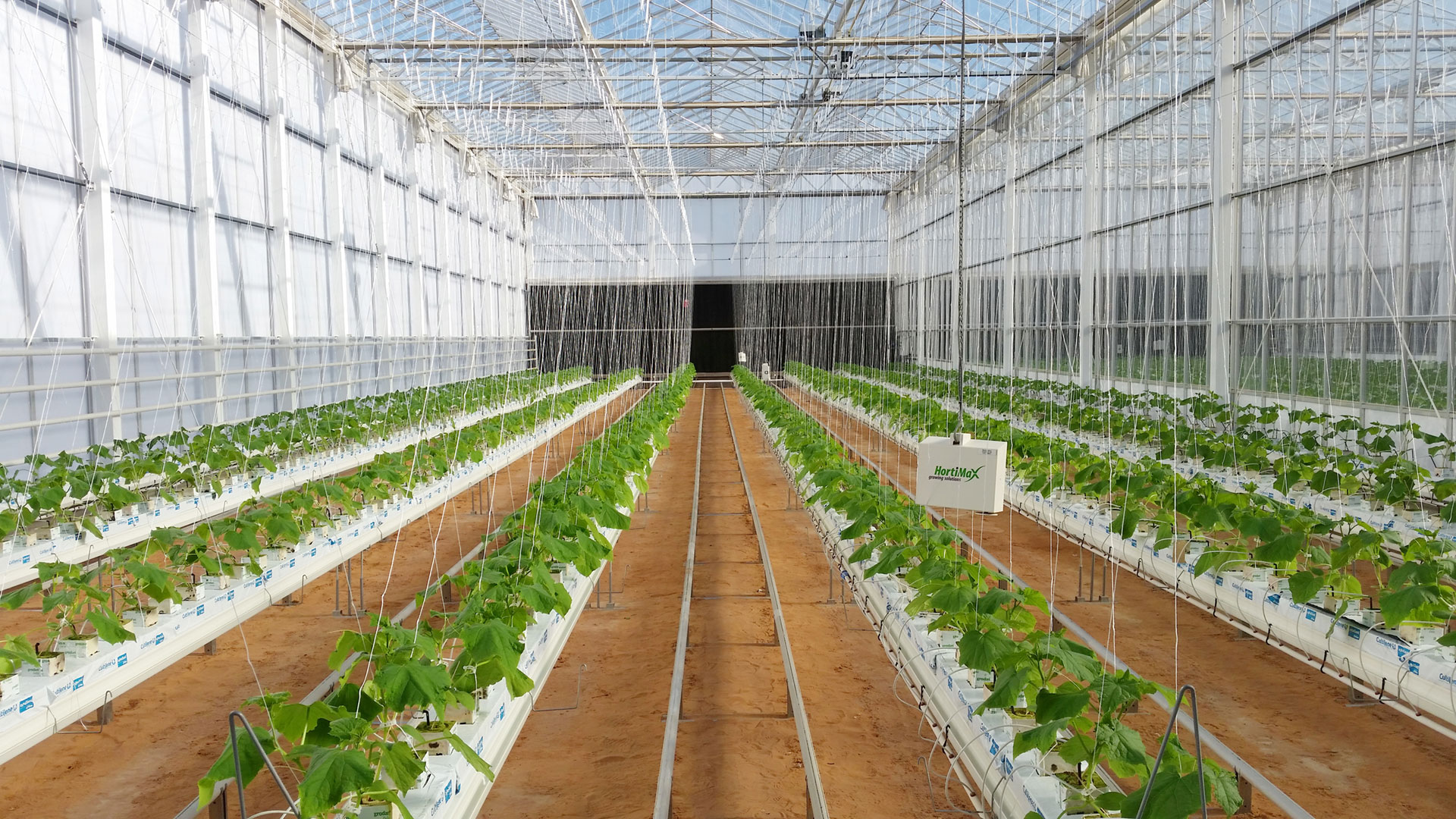
Vermeij goes on to explain that the sector is used to collaborating on a vertical level, bringing different services and materials together. “We should now collaborate horizontally with competitors so we can accommodate larger capacities.”
According to Vermeij, five years ago it wasn’t standard practice for competitors in the greenhouse horticulture sector to collaborate with one another. “Everyone wanted to keep everything for themselves. Initiatives to collaborate were therefore unsuccessful.”
The Dutch Greenhouse Delta will focus on major projects in megacities; ones that transcend the abilities of a single company due to the capacity and knowledge involved. “If we don’t cooperate now, we’ll miss out on these large projects. We have reached an understanding that we can’t do it alone. The desire to work together is growing all the time.”
“In my opinion, we are responsible for the future of food supply all over the world,” Vermeij writes on his LinkedIn page. “Of course, there are many problems with food security and food safety worldwide,” he clarifies. “The Dutch greenhouse sector is capable of producing a lot of food on small plots of land while using little fuel and energy. We have experience, knowledge, and courage. For this reason, I’m one of the four founders of the Dutch Greenhouse Delta. I see it as my social responsibility.”
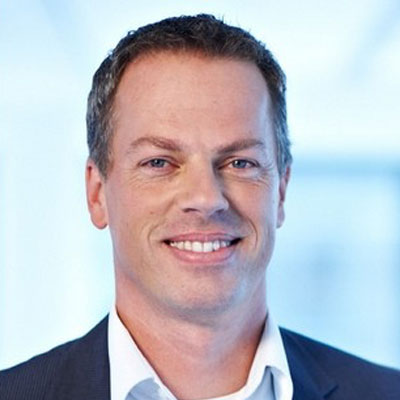
Europa 1
2672 ZX Naaldwijk
The Netherlands
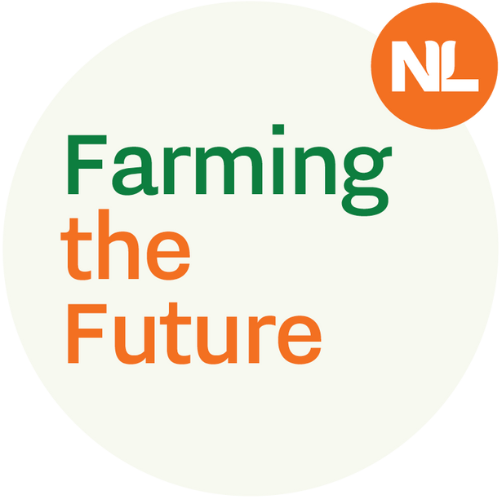
All rights reserved 2025